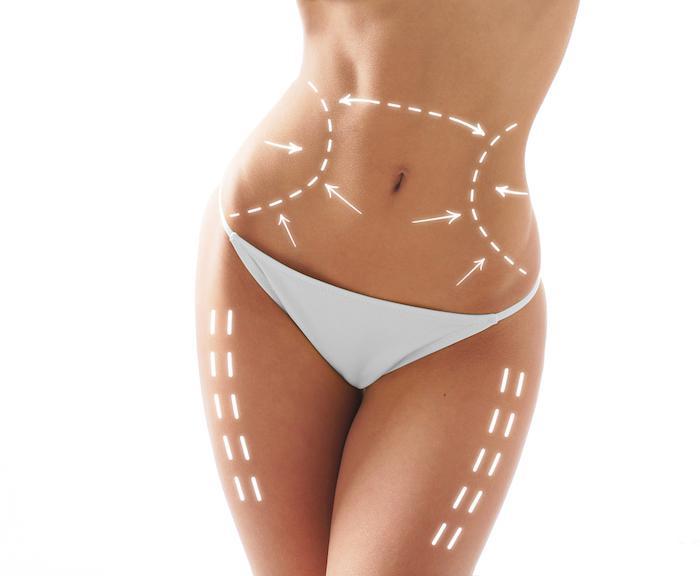The skin around the belly can get frustratingly loose and flabby as the body ages. Sometimes, that flab can be removed through diet and exercise. Other times, these activities do little to improve the problem. With that in mind, many people turn to tummy tucks. This popular cosmetic procedure is one of the most commonly performed surgeries in the country, and it has helped thousands of people regain their figure.
There’s a lot that people don’t know about tummy tucks. If you’re thinking about having this procedure performed, consider the following:
What Causes the Skin Around the Tummy to Protrude?
There are many things that can cause the loose and flabby skin around the belly. Extreme weight loss can leave abdominal skin hanging down over the abdomen, while pregnancy can cause the muscles in the abdomen to become weak, loose or even separated. Sometimes, these problems are caused by age.
What Is a Tummy Tuck?
A tummy tuck is a procedure that involves a horizontal incision, usually just above or at the bikini line. Just how much skin is removed, how long the incisions are, and the placement of the incisions depend on the patient’s body and goals.
Once the incision is made, the skin is literally pulled down to tuck in the abdomen. Extra skin is cut away; then the sutures are made to repair the cut. Tummy tucks actually move the belly button; a new belly button is made as well.
Usually, the tummy tuck is done along with a procedure called “liposuction,” which removes excess fat from the area to reshape the abdomen. This is not a part of the tummy tuck but a separate step.
How Long Is the Recovery Time?
For the first week (or even multiple weeks) after the surgery is finished, you’ll need help with almost everything you do. Even after you regain much of your mobility, you’ll still be restricted from lifting items over about 10 pounds in weight until about six weeks after the procedure. If you’re a parent of a child who still needs to be carried frequently, or if your job requires you to lift items that are over a certain weight, then this may not be the best time for you to have this surgery. Check with your doctor if you have concerns.
Who Benefits From a Tummy Tuck?
Typical tummy tuck patients include:
- Women who have been pregnant and who have never gotten back their pre-baby body.
- People who have finished dieting and are left with rolls of skin they would like removed.
- Former athletes who simply can’t get the definition around their abdomen that they formerly enjoyed.
What Else Should You Know Before Getting a Tummy Tuck?
A tummy tuck is not a weight-loss procedure. Although a few pounds may be lost during the surgery, the main purpose is to contour the abdomen. If you need to lose weight, you should do so before getting the tummy tuck.
Contact Dr. Peter Grossman
Many people who undergo tummy tuck surgery gain renewed confidence in themselves and their body. This procedure can help people feel good about their appearance once again. If you are routinely ashamed or embarrassed by the appearance of your abdomen and you want to take control of the way you look once again, a tummy tuck may be the best procedure for you. To find out more about this procedure, contact Dr. Peter Grossman at Grossman Plastic Surgery for an appointment and consultation.


